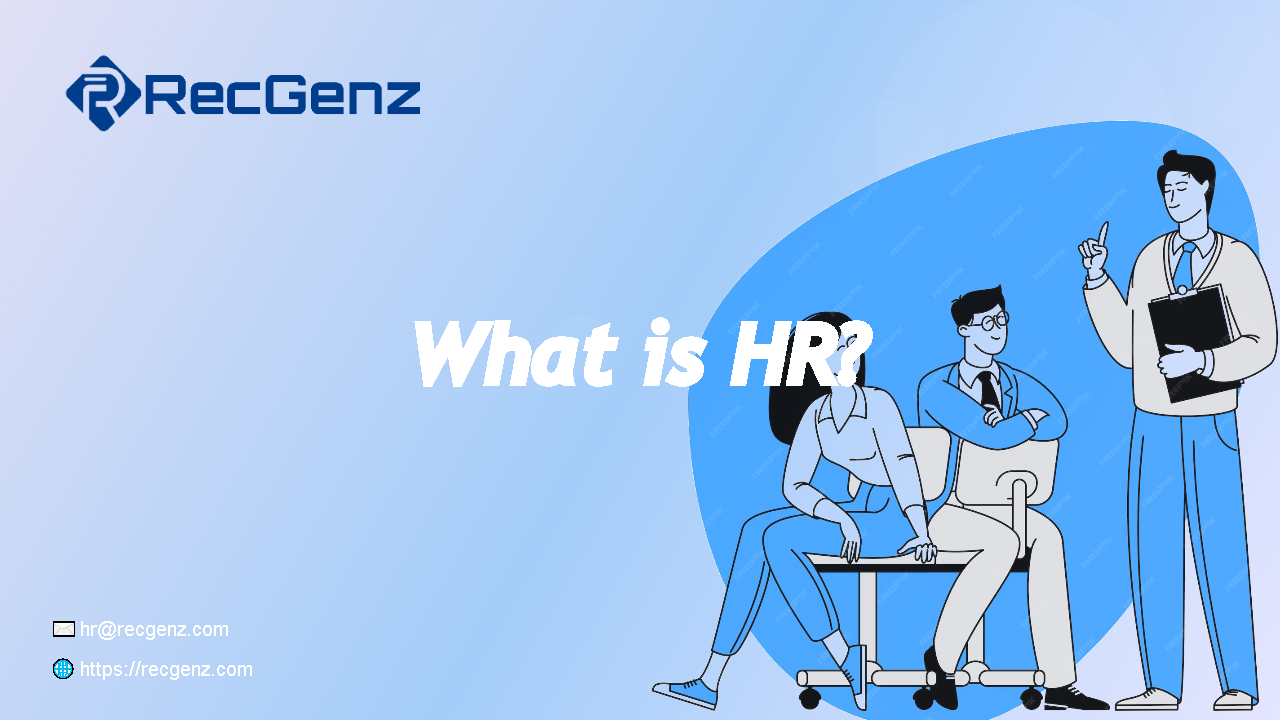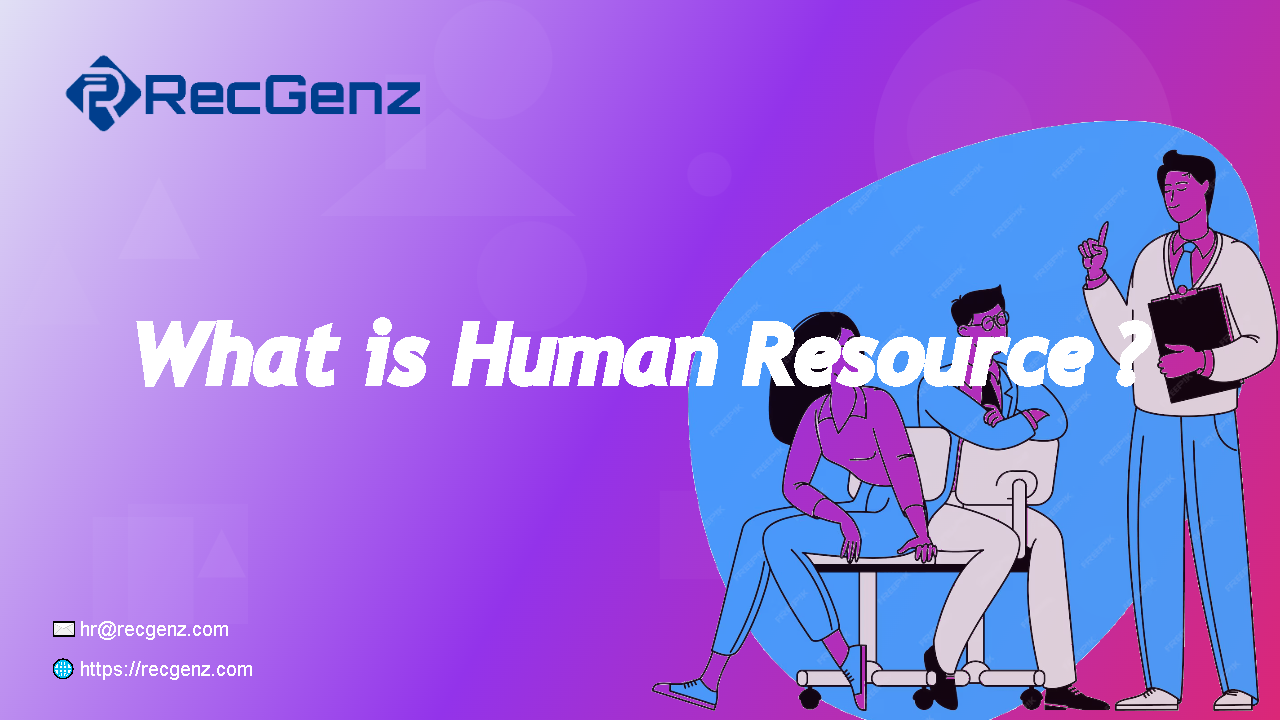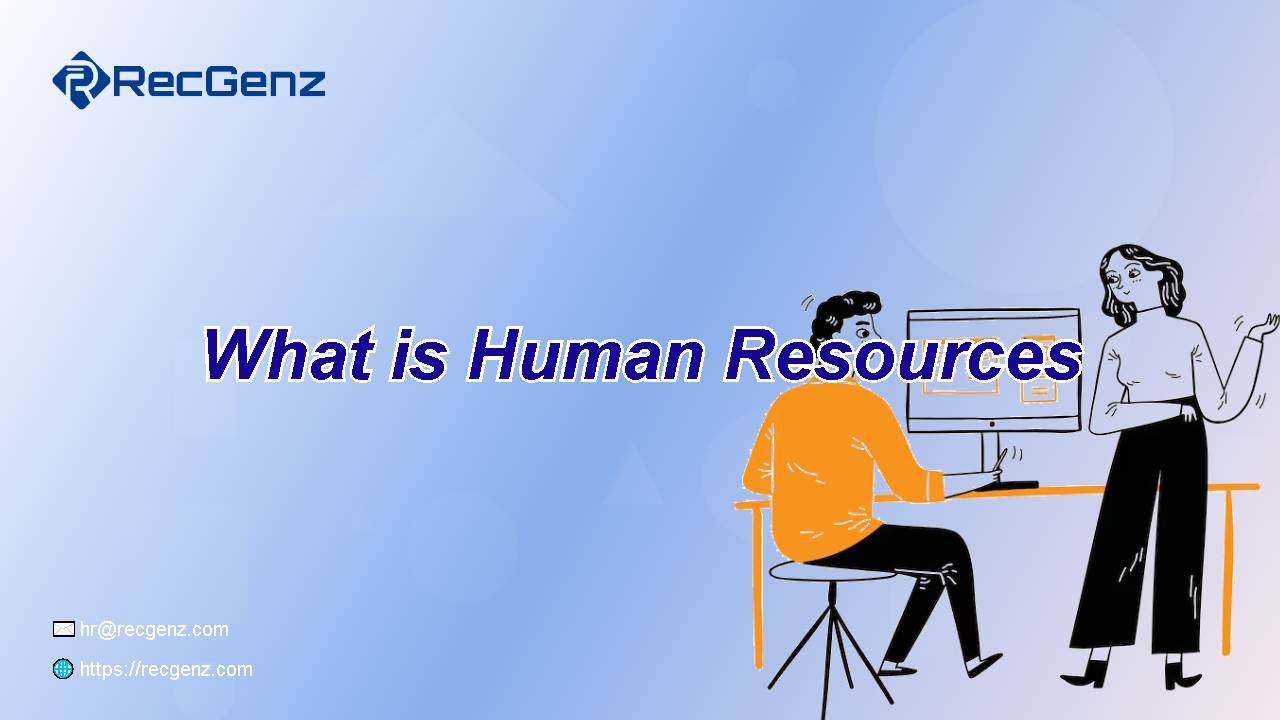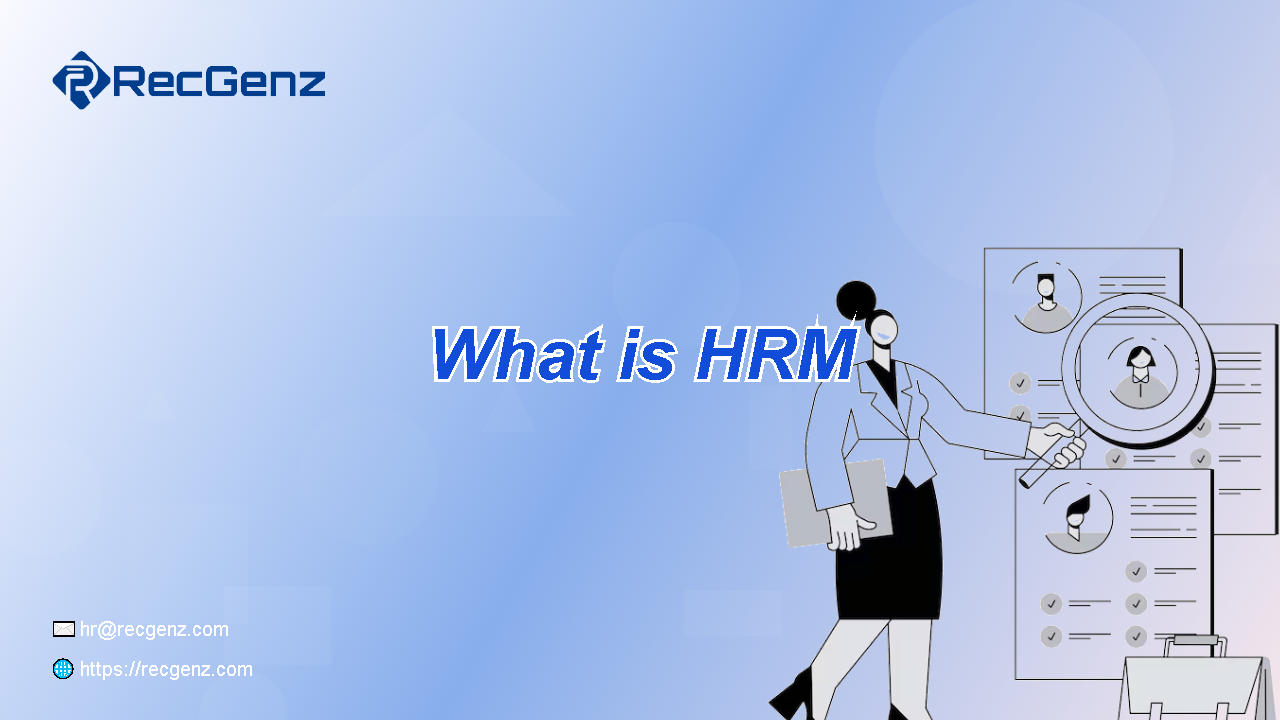What is Employee Experience?
Designing positive interactions throughout the employee lifecycle.
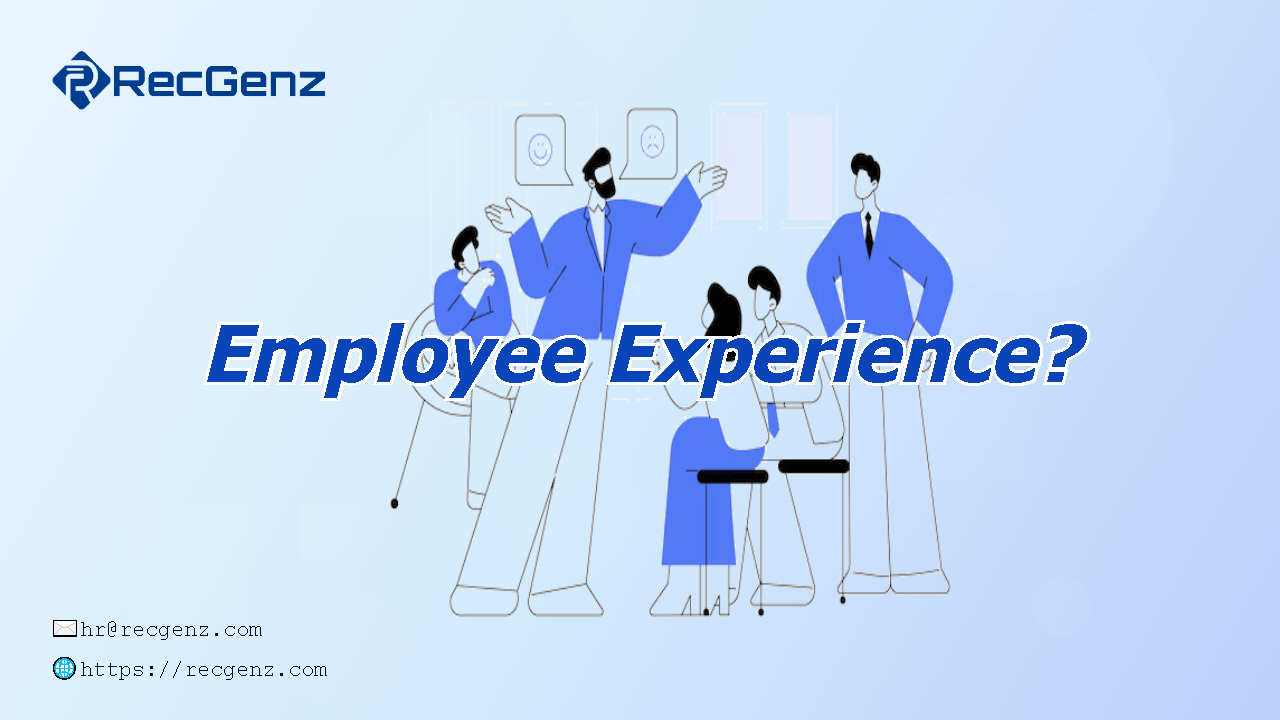
What is Employee Experience?
Employee Experience (EX) refers to the overall journey an employee has within an organization, shaped by every interaction, process, and cultural element they encounter. From recruitment and onboarding to daily work and career development, EX plays a crucial role in employee satisfaction, performance, and retention.
Organizations with strong employee experience create workplaces where people feel valued, supported, and motivated to perform their best. This holistic approach goes beyond perks—it focuses on meaningful engagement, purpose-driven culture, and human-centric processes.
Key Elements of Employee Experience
1. Organizational Culture
Culture defines how employees connect with the company’s values, mission, and leadership style. A positive, inclusive culture fosters trust, belonging, and motivation.
2. Work Environment
This includes both physical and digital workplaces. Flexible spaces, modern tools, and hybrid-friendly environments enhance productivity and collaboration.
3. Technology & Tools
Efficient, user-friendly tools reduce frustration and help employees focus on meaningful work. Investing in the right technology is key to shaping EX.
4. Growth & Development
Learning opportunities, mentorship programs, and career paths directly influence employee satisfaction and retention.
Why Employee Experience Matters
- Boosts employee engagement and productivity.
- Reduces turnover and strengthens retention.
- Builds a strong employer brand that attracts top talent.
- Encourages innovation and collaboration across teams.
- Directly impacts customer satisfaction and business performance.
Challenges in Designing Employee Experience
- Balancing employee needs with organizational goals.
- Overcoming resistance to cultural or technological change.
- Maintaining inclusivity in diverse and hybrid workplaces.
- Measuring intangible aspects like engagement and satisfaction.
Best Practices for Building Great Employee Experience
- Listen actively through surveys, feedback tools, and one-on-one sessions.
- Prioritize mental health, well-being, and work-life balance.
- Provide transparent communication and recognition programs.
- Offer career growth and continuous learning opportunities.
- Leverage data and analytics to track and improve EX strategies.
The Future of Employee Experience
Employee Experience is evolving to prioritize personalization, well-being, flexibility, and AI-driven insights. Future workplaces will focus on creating environments that adapt to employees’ unique needs while fostering innovation and purpose.
Organizations that invest in employee experience will build resilient, engaged, and high-performing workforces prepared for future challenges.
Key Takeaways
- Employee Experience encompasses every touchpoint in the employee lifecycle.
- Culture, environment, technology, and development drive EX.
- Strong EX enhances retention, engagement, and employer branding.
- Organizations must embrace feedback, inclusivity, and continuous learning.
- The future of EX is personalized, flexible, and tech-enabled.

